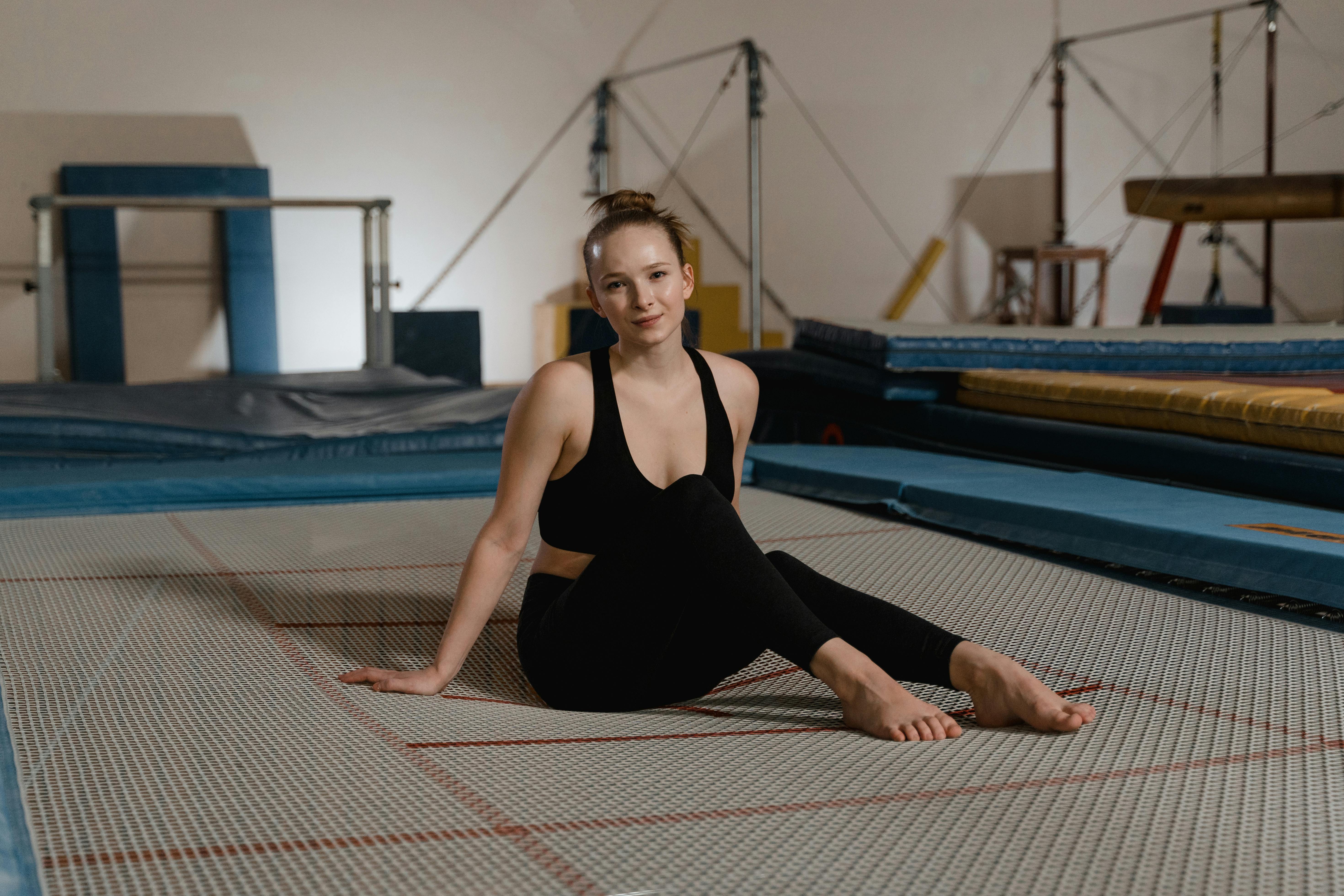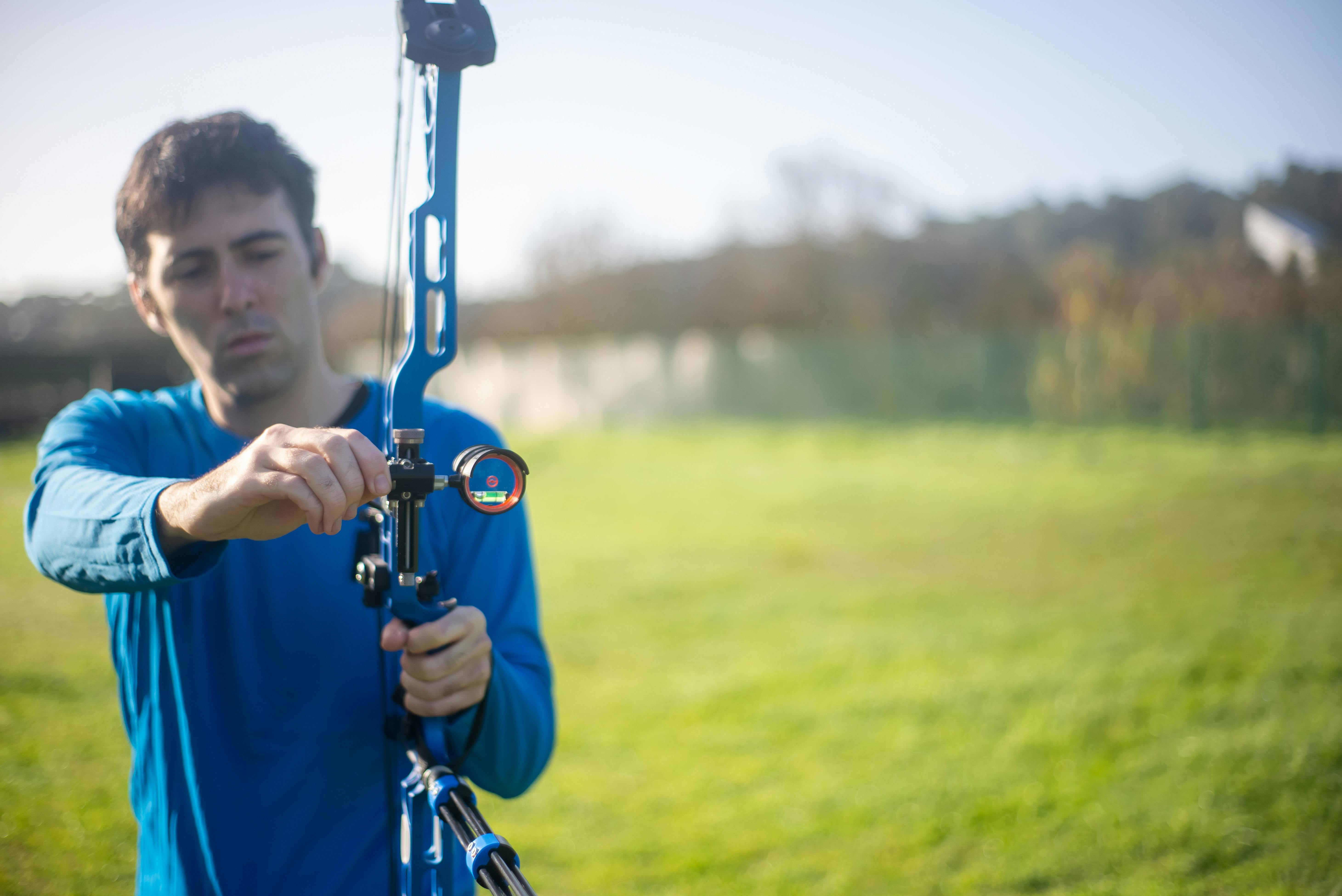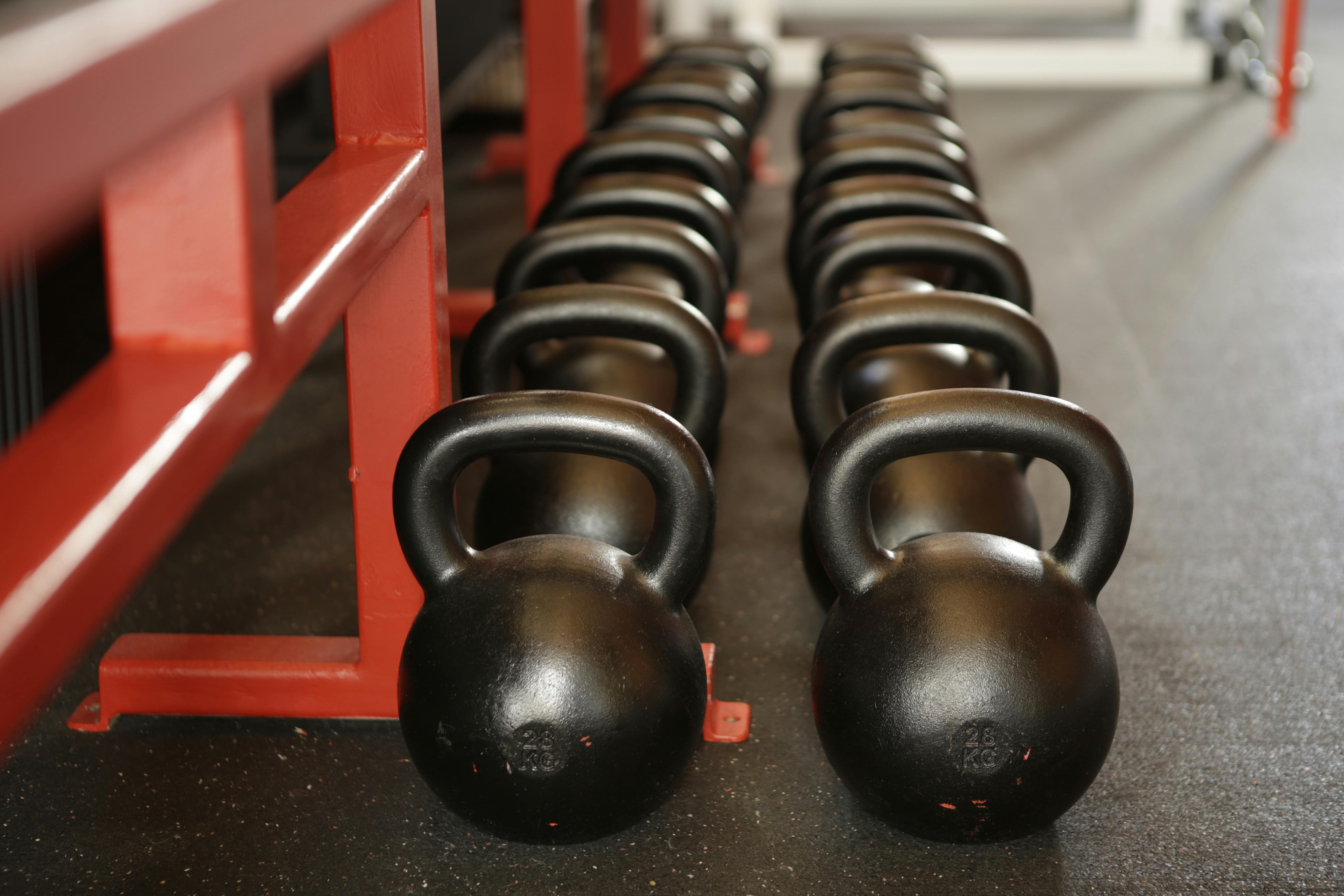Tea “Who is your best friend” The interview question is often used as part of the behavioral assessment portion of a job interview. The answer you give to this question gives the hiring manager an idea of how introspective you are in terms of how other people see you, and how well you map your personality traits in a work environment. Getting this question or a related question like it right will be important to your chances of getting that new job!
There is no perfect interview answer to this question, but there are answers that positively project you as a leading candidate for the job, and answers that will strike you down: too many misses on too many questions equals no job. offer.
The interview question is often asked in the form of “Who is your best friend?”. When a name is given, the interviewer will ask “If he/she were in the room with me right now, how would you describe him/her, both positive and negative?” I have often received responses from my spouse, my sister or brother, and my mom or dad, all of whom are acceptable, as well as friends.
Good Interview Answers to the Positive Attributes Question
A good answer usually shows that you have an idea of how other people see you and know how to position this view in a way that is relevant to a work environment. Some examples include the following for the positive character trait part of the question:
- I am outgoing and get along well with others.
- I am focused and motivated to succeed in whatever task I undertake.
- I like to be challenged, whether it’s a new game, a new environment, or physically pushing myself in sports.
Good Interview Answers to the Negative Attributes Question
I don’t often see really bad responses to the positive part, but it gets interesting when asked about the negatives that a best friend might articulate. Here are some generally good responses that managers look for in response to a friend’s description of her negative traits:
- Sometimes I can be a perfectionist on things and I won’t stop until I master a task.
- I can be a workaholic and sometimes I have to remind myself to balance my personal life with work.
- I occasionally overextend myself with too many activities both at work and in my community work
Poor interview responses to the positive attributes question
Believe it or not, I’ve gotten these responses in real interviews, and in addition to not being impressed with the candidate’s mindset, they tend to skew the interview more toward “don’t hire”:
- I like to party and people always want to be near me.
- I am a shoe fanatic and the person who leads shoe shopping.
- I am a social butterfly and often have things to do every night of the week in my personal life.
Basically, you want to be honest about how your friend would describe you, but use something that translates into a character attribute that a manager would see applied in a work environment.
Go shopping, drive cars, etc. they are not fit for purpose, and some of the above answers perhaps indicate a lack of responsibility, especially if the impression is that you are too fun-loving and your main focus is on an active social life. A manager will interpret this as a weak work ethic, which will not be in her favor.
Poor interview responses to the negative attributes question
Replying negatively is often difficult for most people. [there are other interview questions along these lines as well]and the trick is to never present a character trait as a true negative, and certainly never give an answer that lets you down in terms of lack of responsibility, maturity, work ethic, or teamwork.
Here are some real answers I’ve gotten in interviews that aren’t a good answer to “what would your best friend say in terms of negative traits or behaviors”:
- I party a lot and often have trouble getting going in the morning.
- I don’t pay attention to time and am often late for our social dates, movies, etc.
- I’m always broke and I borrow something until my next paycheck
Can you see why these would not be welcome during an interview, and why you might not seem like someone I’d like to have on my team?
Not all interviewers use this question, but similar questions are used during most interviews: we want to learn more about your personality and how you perceive yourself both in your eyes and in the eyes of others. Often people who are more introspective tend to focus more on their behavior, contributions to a team, and receive and perform very well in professional training.



